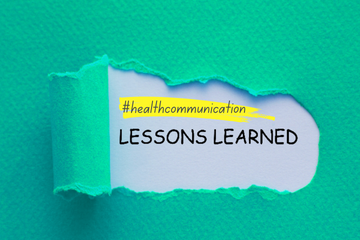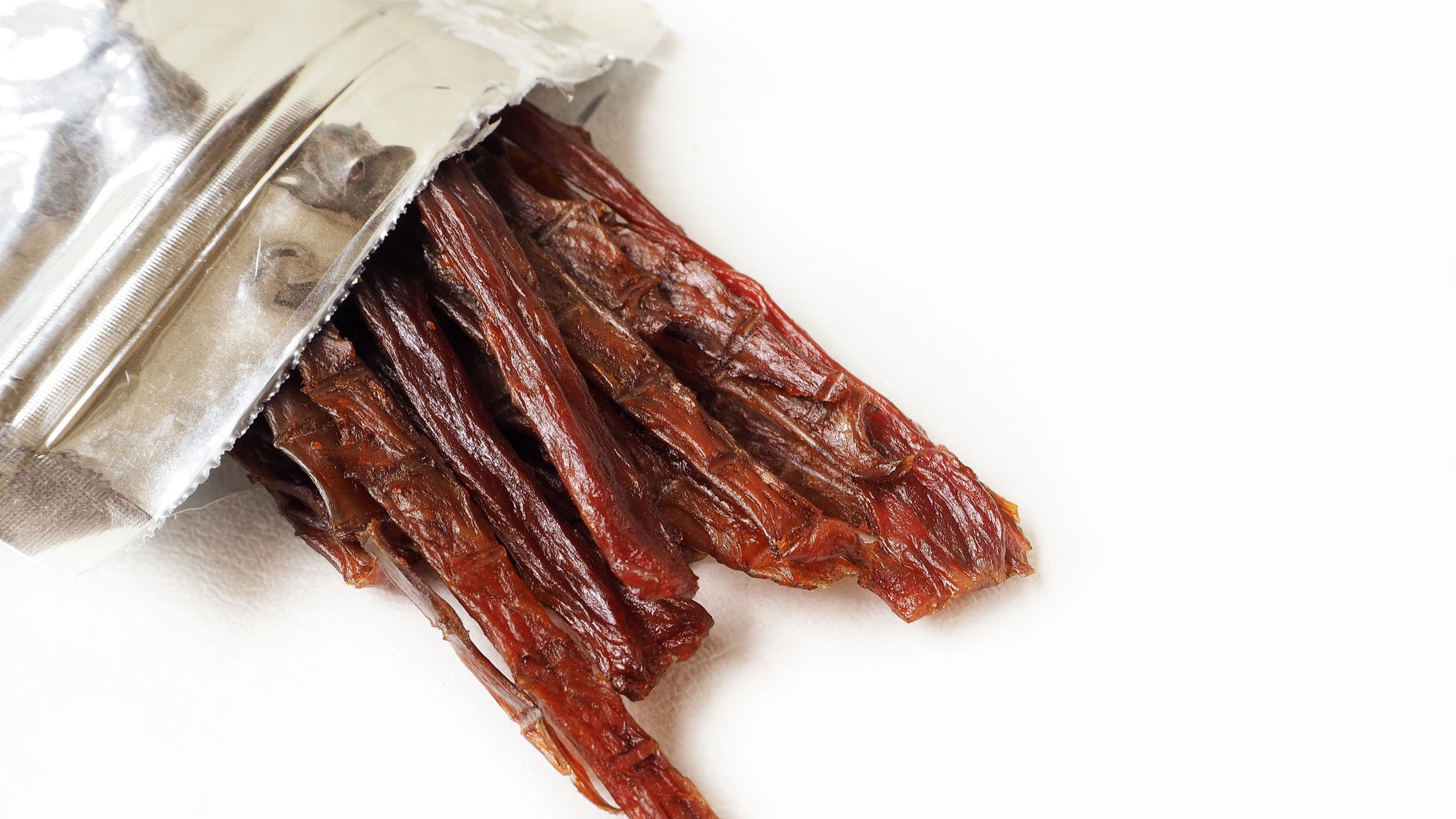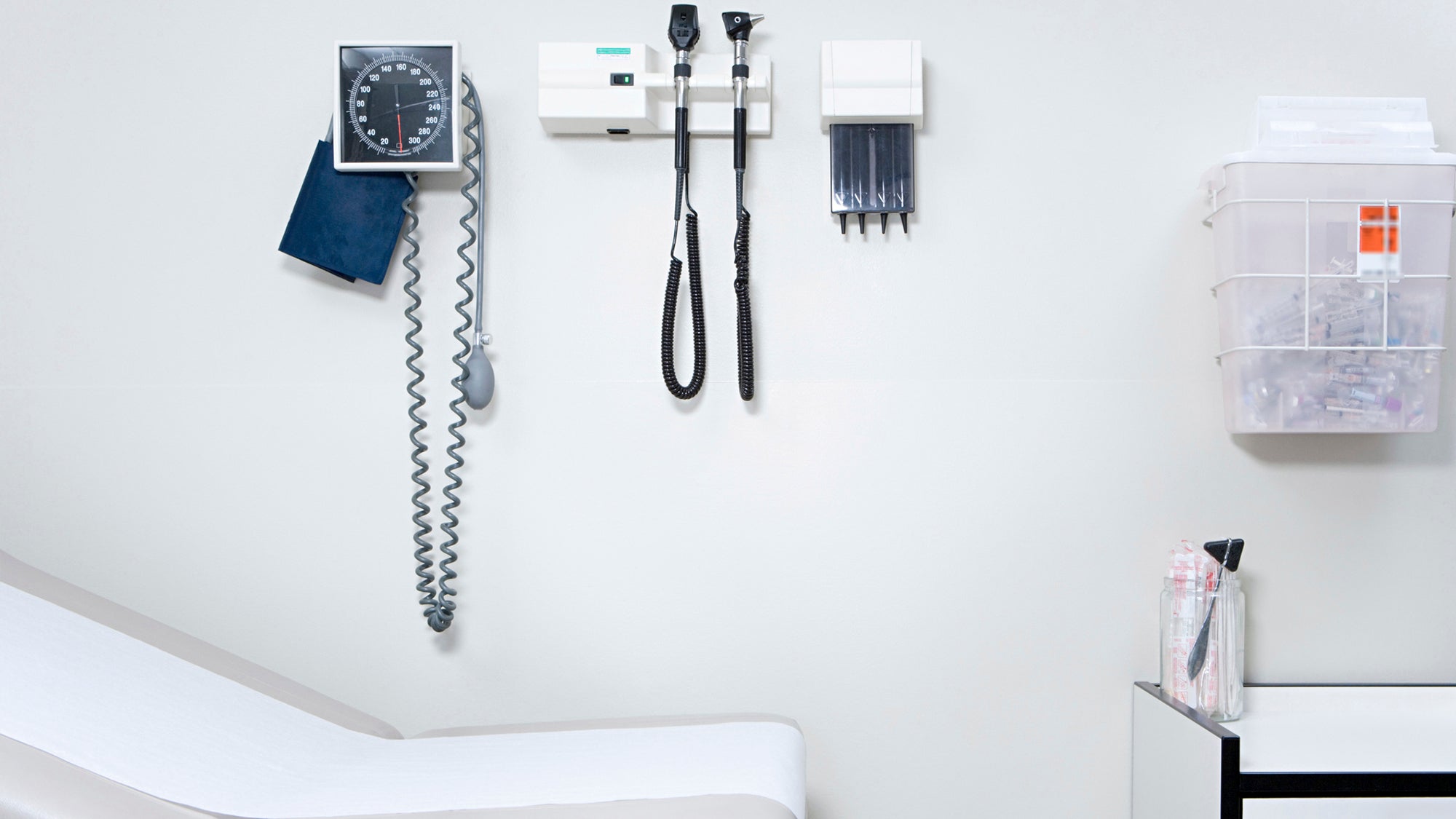Lessons learned: Match your humor to your message

You’re reading Lessons Learned, which distills practical takeaways from standout campaigns and peer-reviewed research in health and science communication. Want more Lessons Learned? Subscribe to our Call to Action newsletter.
One way to get people to share and engage with your health messages online is to use humor. But it can be hard to predict what types of jokes will land for your messages. A recent study published in Health Communication (DOI: 10.1080/10410236.2023.2218532) investigated how different types of humor affect sharing and engagement with messages that either aim to prevent bad health behaviors or promote good health behaviors. Researchers tested this by showing 882 participants COVID memes paired with messages focused on (1) behaviors preventing people from getting COVID or (2) behaviors promoting people staying healthy. Participants self-reported how likely they were to share the meme/message and engage further with COVID information.
What they learned: Messages that focus on preventing bad health behaviors have higher sharing and engagement when they are paired with inoffensive humor that points out something unexpected or surprising. This is because:
- Inoffensive, surprising humor makes people feel like they share similarities with or are “closer” to the source of the silly message.
- Prevention-messages are processed as a need to act on concrete behaviors, which also feel close to that person.
- Prevention-messages and inoffensive, surprising humor work together because they align in how close they feel, which makes them easier to process together.
Messages that focus on promoting good health behaviors are more likely to be shared when they are paired with aggressive humor that makes fun of people who don’t adopt the behavior. This is because:
- Aggressive humor makes people feel like they are less similar or “further away” from the source of the aggressive message.
- Promotion-messages are processed as high-level ideals, which also feel far away.
- Promotion-messages and aggressive humor work together because they align in how far-away they feel, which makes them easier to process together.
Why it matters: More than 6 in 10 people get their health information on social media. Demystifying humor can help empower health communicators to get their messages online (and have fun with it).
➡️ Idea worth stealing: If you are trying to prevent a bad health behavior (e.g. touching your face with unwashed hands), make a joke that points out something unexpected or surprising. If you are trying to get people to adopt a good health behavior (e.g., wash your hands properly), consider making fun of people who don’t adopt that behavior.
What to watch: How health communicators continue to adapt humor into their playbook on other topics.


